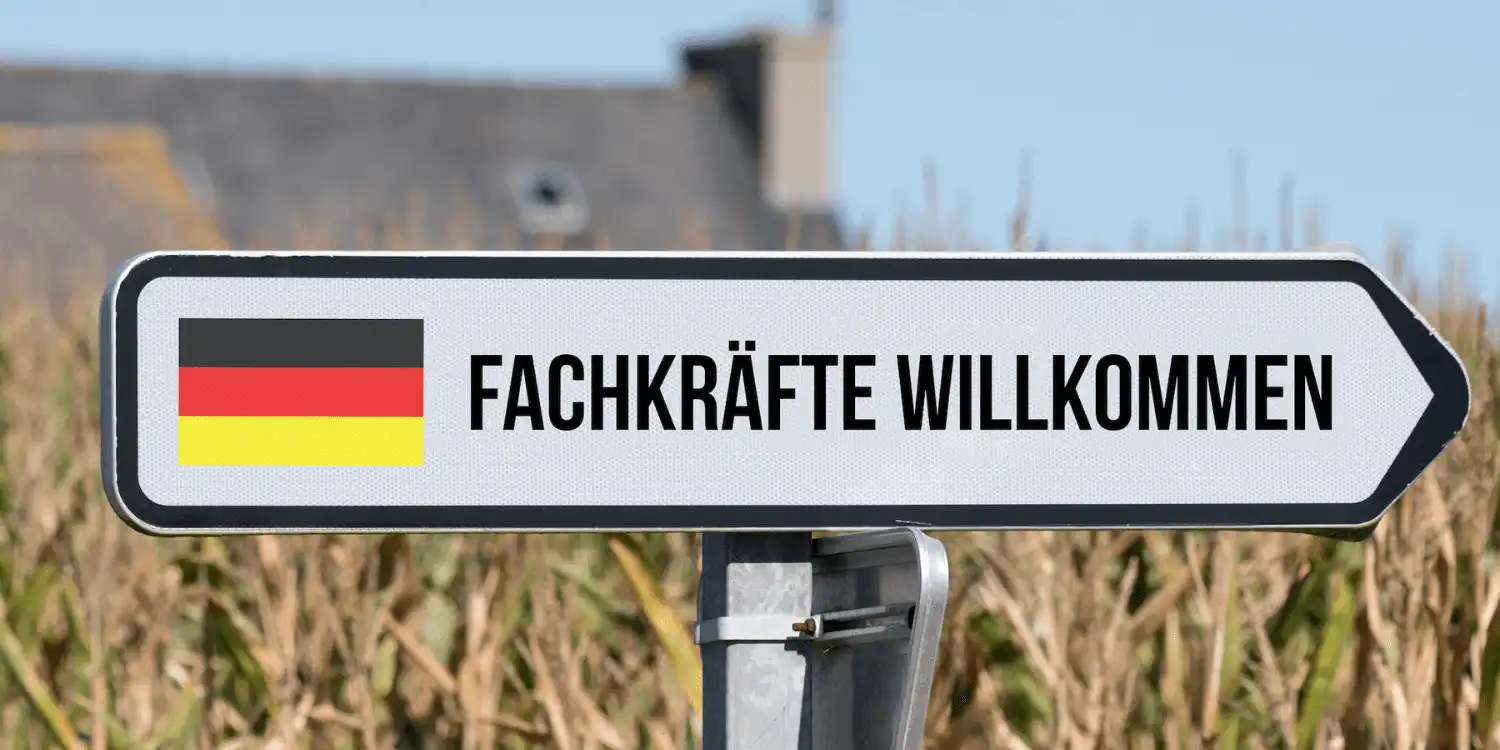The new Skilled Immigration Act 2023: Opportunities and implications for Germany

On March 1, 2023, the new Skilled Immigration Act came into force in Germany. With this law, the German government aims to combat the shortage of skilled workers in certain occupational fields and to facilitate the immigration of qualified professionals. In this blog post, we would like to take a look at the new Skilled Immigration Act and discuss its goals and impact on Germany.
Background and goals of the Skilled Immigration Act
Demographic change and economic development have increased the demand for skilled workers in Germany. The Skilled Immigration Act was introduced to facilitate access to skilled workers from abroad and to strengthen the German labor market. It aims to make it easier for skilled workers from non-EU countries to enter the German labor market while simultaneously meeting the needs of the economy.
Easing of immigration requirements for skilled workers
The new law facilitates access to the German labor market for qualified professionals through various measures. These include simplifying the recognition process for foreign professional qualifications, creating new avenues for job seekers in Germany, and relaxing priority checks for certain occupational groups.
Shortage occupations and bottleneck regulations
The Skilled Immigration Act focuses particularly on shortage occupations and professional fields where there is a significant need for qualified workers. It introduces bottleneck regulations to facilitate access to these professions. This enables companies to fill vacancies more quickly and reduce the skills shortage.
Integration
The law also places great emphasis on the successful integration of skilled workers into the German labor market and society. To this end, integration measures, German language courses, and targeted support are offered to facilitate their entry and integration. This not only contributes to securing skilled workers but also promotes cultural diversity and intercultural exchange.
Economic impacts
The Skilled Immigration Act has the potential to have positive economic effects on Germany. Attracting qualified professionals allows for filling vacancies, increasing productivity, and driving innovation. This strengthens the competitiveness of the German economy and promotes long-term growth.
Challenges and critical analysis
Despite the positive aspects of the Skilled Immigration Act, there are also challenges and critical voices. Some critics argue that the law is not sufficiently focused on the integration and long-term retention of skilled workers. There are concerns that many skilled workers might leave Germany again after a certain period because their working conditions and prospects are not attractive enough.
Furthermore, there is a risk that the law will lead to a brain drain in the countries of origin, as qualified workers will be poached and exacerbate the skills shortage in their home countries. It is therefore important that Germany and the countries of origin cooperate and find joint solutions to ensure a fair and sustainable exchange of skilled workers.
Another challenge is that the Skilled Immigration Act may not cover all occupational groups affected by a skills shortage. It is important to ensure an adequate supply of skilled workers in other sectors as well, even those not currently defined as shortage occupations.
Conclusion:
The Skilled Immigration Act 2023 has the potential to alleviate the skilled worker shortage in Germany and strengthen the economy. It facilitates access to the German labor market for qualified professionals from non-EU countries and emphasizes integration and support. Nevertheless, continued efforts are needed to ensure that these skilled workers remain in Germany long-term and that their skills can be utilized to their fullest potential. Close cooperation with the countries of origin and consideration of all affected professional groups are also crucial to guaranteeing the long-term effectiveness of the law.
MENÜ
USEFUL LINKS
CONTACT
- Sernitas GmbH
BioMedizinZentrum Bochum
Universitätsstraße 136
44799 Bochum - +49 234 966 46 480
- +49 234 966 45 602
- info@sernitas.com


















